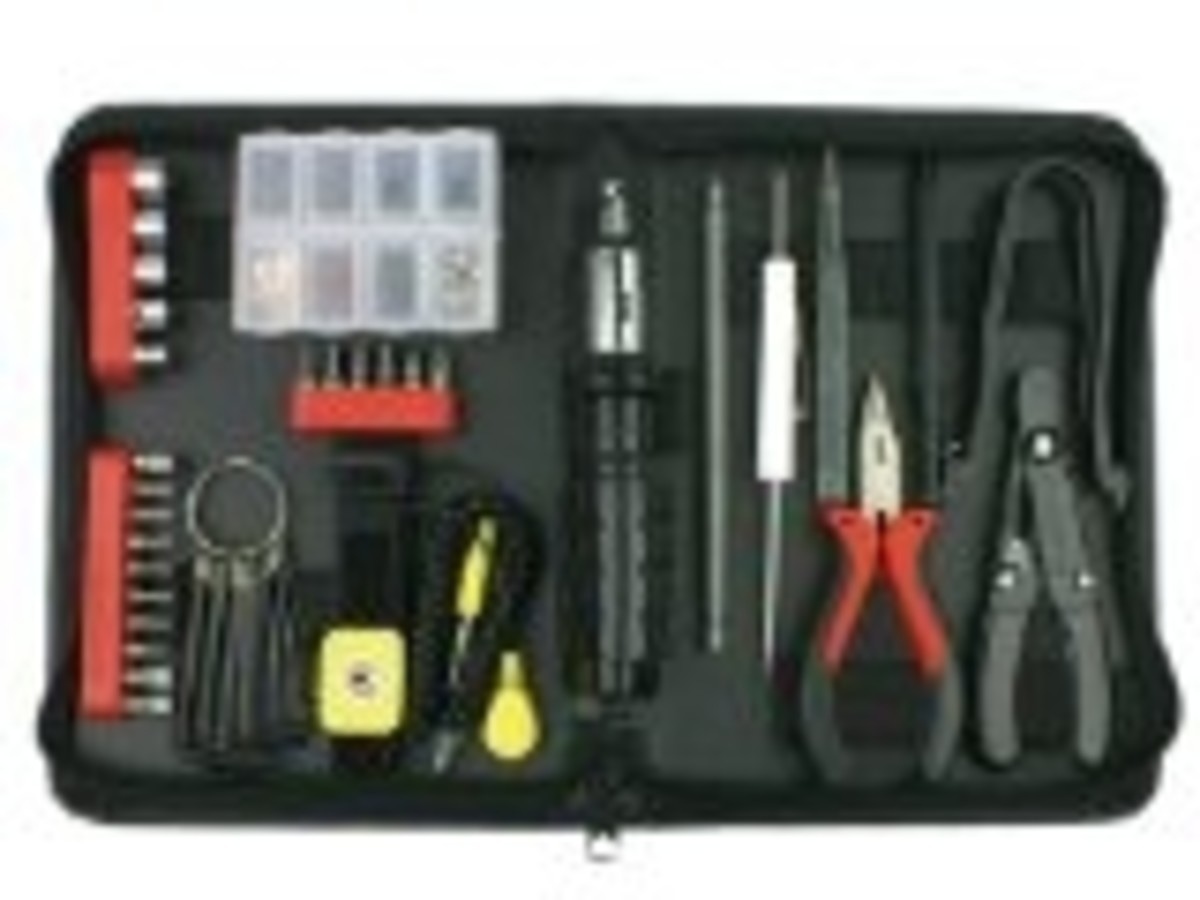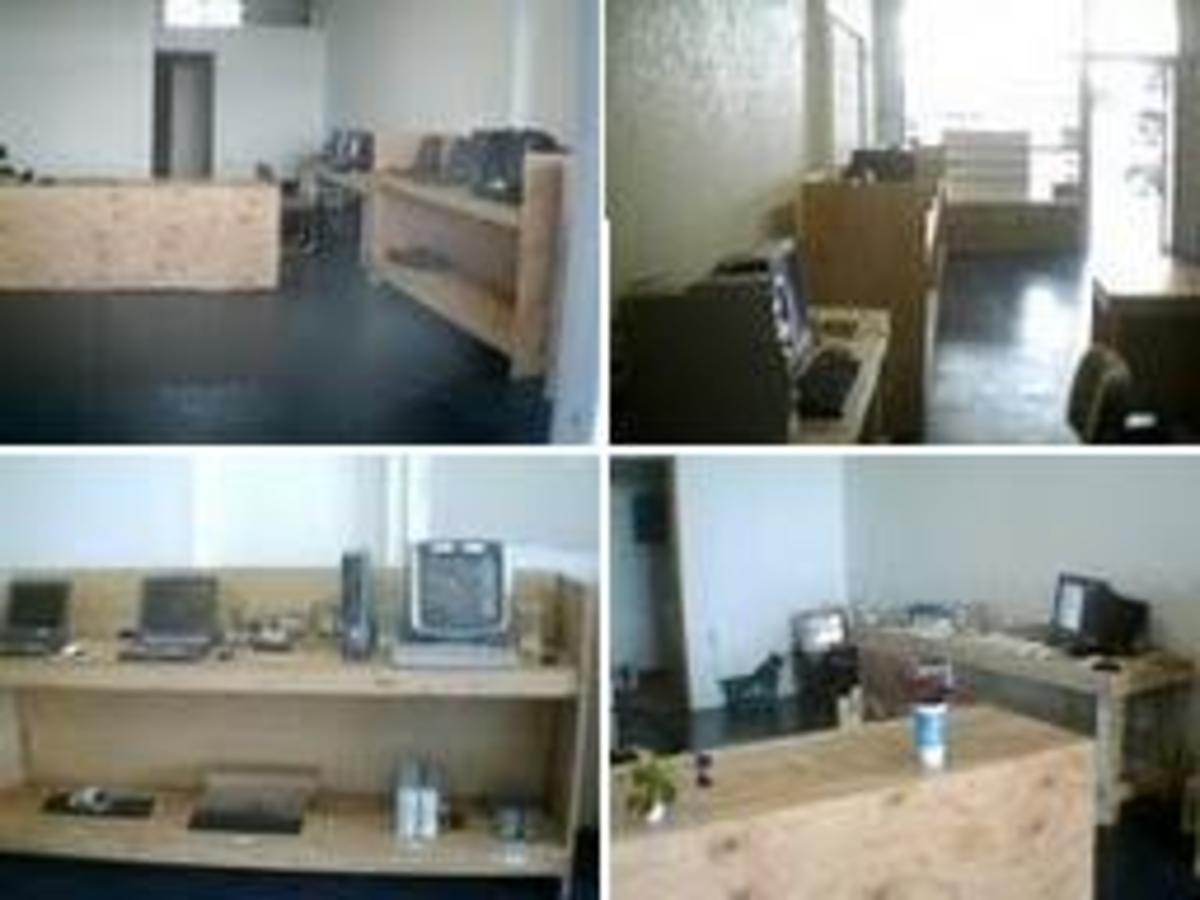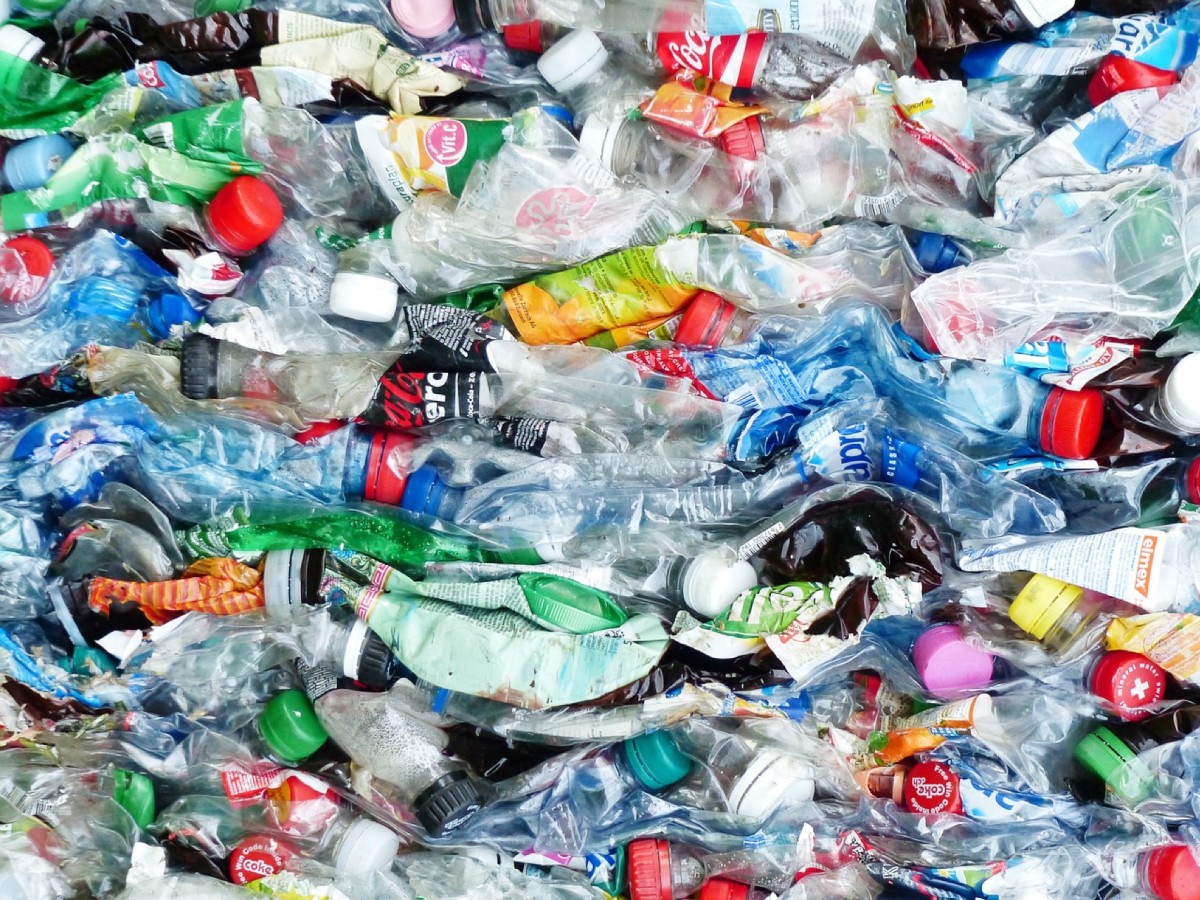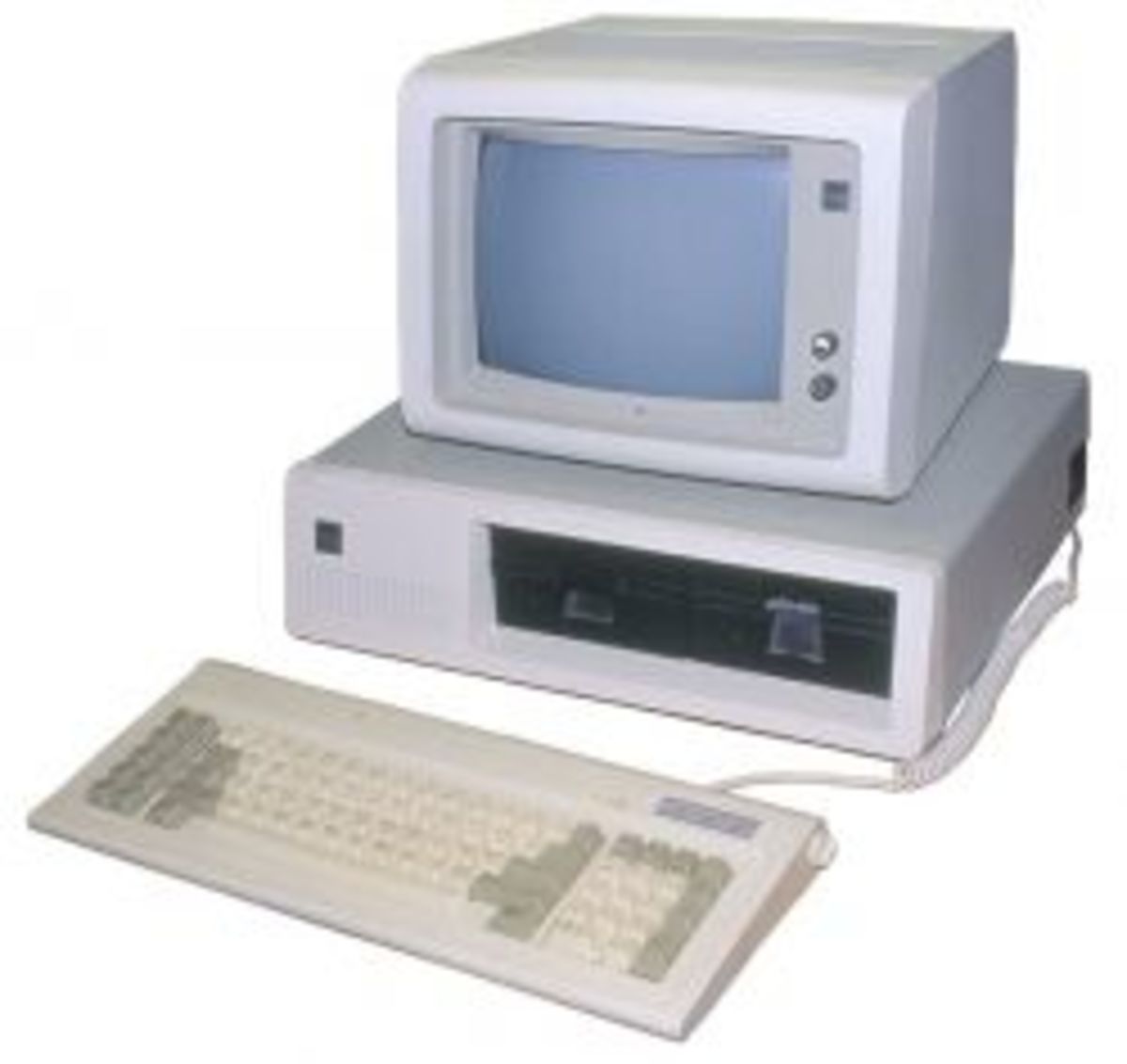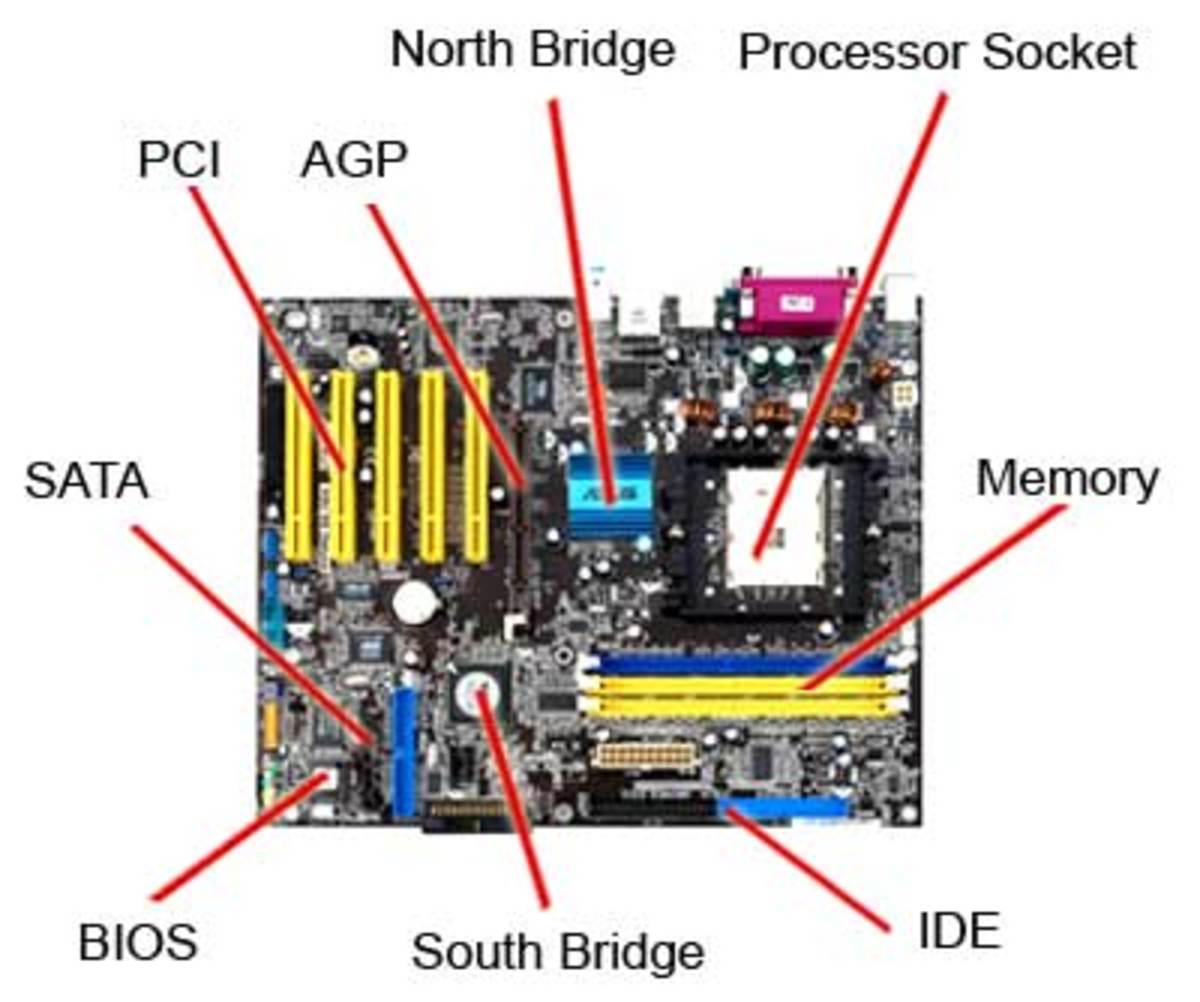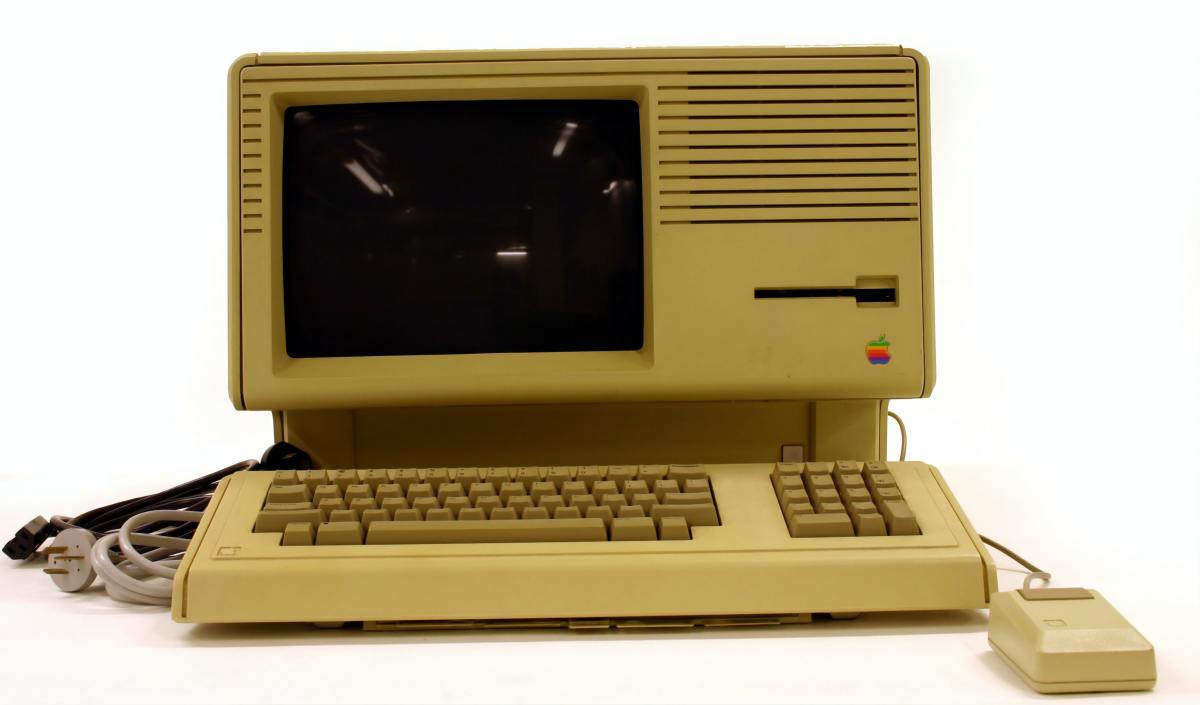Four Tips On Recycling Your Computers
Recycling your old computers can be done when they are broken and beyond repair, but the equipment that can still work can be sold or donated to charity. Many of the basic components of an old computer can be reused. This includes plastic, metal, and glass. At the same time, toxic substances in computers should be kept out of landfills and groundwater. Recycling of discarded computer equipment like monitors, hard drives and printers are important because:
1. These are known to contain toxic substances and are effectively hazardous waste. Therefore, they should not be disposed of.
2. Getting rid of obsolete computers usually frees up storage space and helps the environment stay clean and green.
With these above reasons, it is very important to learn how to recycle your computers using the following tips.
1. Wipe all personal information
Make sure you have backed up all the files that you might need from the system. Use an external drive backup or use the Windows backup utility and erase all personal data for yourself for safety reasons. You can overwrite your hard drive, and then reinstall your operating system from scratch if needed. Avoid smashing your hard drive to bits because this will create another problem of environmental contaminants. You can also clean your hard drive as this removes your version of Windows and your administrator account. This is very important especially if the system works. Be careful with the data contained in those old computers. This avoids customer or financial information getting into the wrong hands during the recycling process.
2. Recycle to the manufacturer
Manufacturers of electronic goods usually incorporate e-waste management into their environmental policies and also operate recycling schemes. Most of these schemes will cover the cost of home pick-up and shipping to the recycling center. These goods are “de-manufactured,” and then sorted according to the type of material. Materials like steel and aluminum are then recycled to make new products which could range from car parts to plastic toys. Meanwhile, those that cannot be reused are disposed of in a manner that is environmentally sound.
3. Use a professional waste disposal company
The process is usually the same as with a manufacturer, but in this case, you may have to pay for the collection and disposal of the waste. If this is the route that will be most convenient for you, you can try and get information on these companies from the Internet.
4. Charity donation
A large number of non-profit organizations collect computers for reuse or recycling. The recipients usually do not pay for the equipment, or at times buy it at a discounted price. This is a scheme that benefits most of the developing countries and community groups. However, it is important that you confirm if the organization you are donating to have a strategy for waste management to be used once the PC becomes obsolete.

